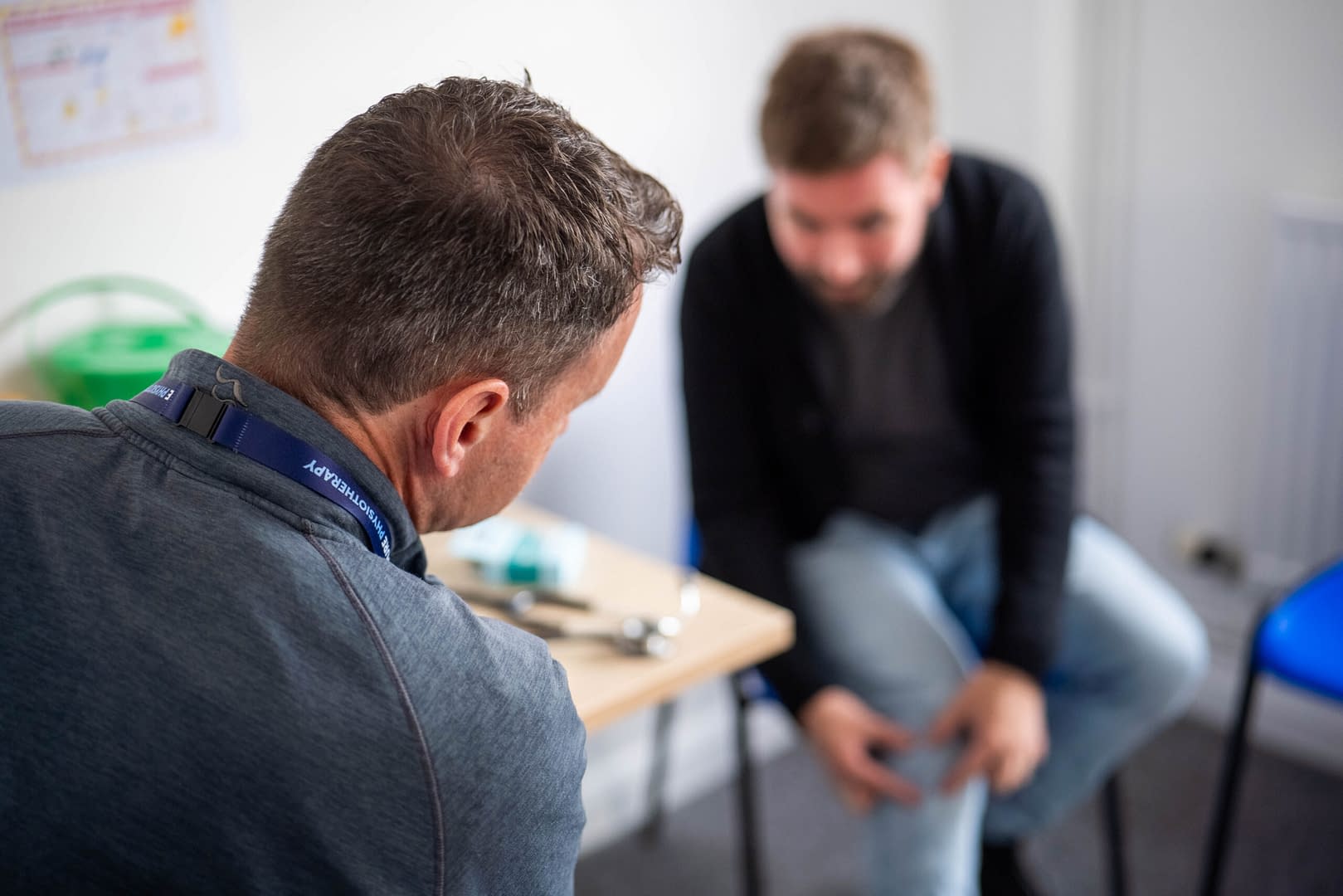The Role of First Contact Physiotherapists (FCPs) in Primary Care
Practices and Primary Care Networks (PCNs) should expect a First Contact Physiotherapist (FCP) or physiotherapy service to provide expert musculoskeletal clinicians. If the service is supported and commissioned by a practice or PCN, the clinicians should receive full clinical, administrative, and developmental support from the provider. This could be an NHS Trust, a rehabilitation pathway provider, or an independent specialist like Pure Unity Health.
Governance, Regulation, Training and Supervision
All FCPs are regulated by the Health Care Professions Council (HCPC), meaning they are autonomous allied health professionals with a governance structure outside of primary care. Additionally, FCPs in primary care follow governance provided through NHS England’s Roadmaps to Practice, developed by Health Education England in 2020. These roadmaps align with general primary care supervision and competency standards. FCPs must complete both stages of the roadmap, which can be done through higher education institutions or a supported portfolio route. They also require a clinical supervisor, who could be provided by the practice or the employing organisation, and must allocate time for both clinical and non-clinical tasks as outlined in the GP contract.
Clinical Responsibilities and Workload of FCPs
In clinical settings, most FCPs operate on 20-minute appointments with scheduled catch-up gaps to complete tasks such as reviewing referrals and managing care plans for complex cases. On average, an FCP in primary care sees around 62 patients per week, allowing time for service development, audits, and professional growth. Some services, like Pure Unity Health, can offer more clinical slots due to efficient supervision and development processes.
The Impact of FCPs on Primary Care Efficiency
A well-structured FCP service should provide patients with quick access to expert musculoskeletal advice, education, and appropriate management. Research by NHS England shows that up to 30% of primary care consultations are for musculoskeletal complaints. FCPs were one of the first roles introduced by NHS England to address this growing pressure. Studies have demonstrated that FCP services can effectively handle the majority of musculoskeletal issues in primary care, reducing the need for imaging requests and referrals to secondary care due to their specialised knowledge and skills.
The Importance of Patient Feedback and Service Evaluation
Governance for FCPs includes a requirement to gather patient feedback, with each practitioner needing at least 40 anonymised reviews per year. At Pure, we aim for 200 pieces of feedback per practitioner annually to ensure continuous improvement and provide the consultations patients find most beneficial. This feedback is also useful for CQC inspections and assessing the effectiveness of services from a patient’s perspective.
Ensuring Safe and Effective Musculoskeletal Care
A well-managed FCP service should be able to handle 90% or more of the patients referred to them, minimising the need for GP involvement. Although some cases may require GP input—such as those with underlying organ-related issues presenting as musculoskeletal pain—FCPs are trained to identify red flags and escalate care when necessary. Research shows that FCPs provide similar safety netting as GPs when it comes to musculoskeletal issues, which is a key part of the governance structure in the roadmap to practice.
The Value of FCPs in Primary Care Networks
In summary, GP practices and PCNs should expect an FCP service to manage a significant portion of the musculoskeletal demand in primary care. FCPs are highly skilled professionals capable of independently managing acute, chronic, and complex musculoskeletal conditions within their scope. With proper capacity and demand management, up to 30% of the GP workload could be effectively handled by FCPs, providing valuable care to patients.
Find out more about First Contact Physiotherapy

Phin Robinson BSc (Hons), MSc Advancing physiotherapy, PG Dip Orthopaedic Medicine.
After qualifying in 2001 Phin has worked as an MSK physiotherapist within the NHS and independent sector. He has been an injecting therapist since 2006 and spent 15 years working as an advanced practitioner in MSK between primary and secondary care settings. He heads up Pure Unity Health group and remains passionate about the physiotherapy profession and the positive impacts that can be gained from quality physio lead MSK care. Since 2020 Phin has taught on NHSE accredited FCP courses and works part time in an FCP and ARRS ambassador role.




